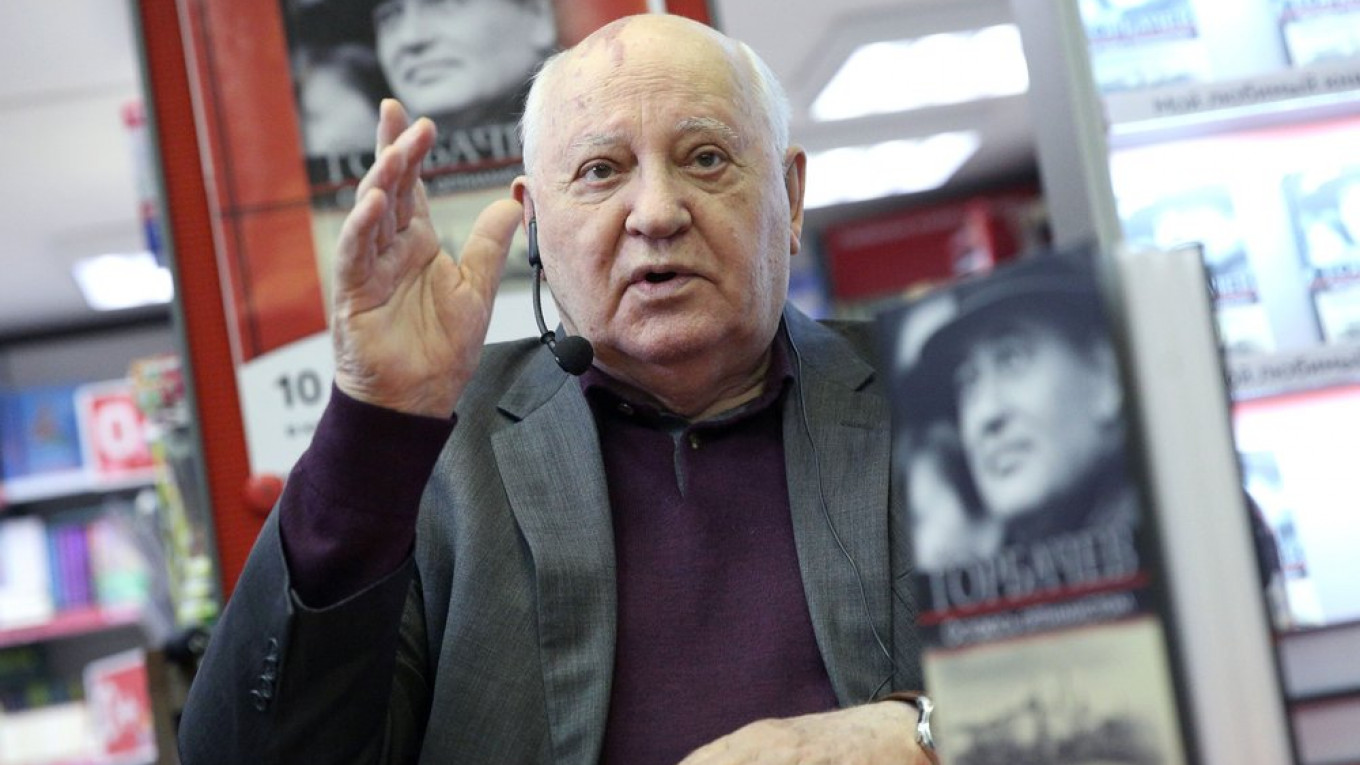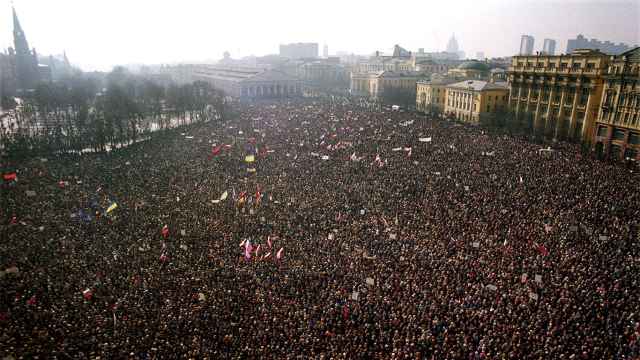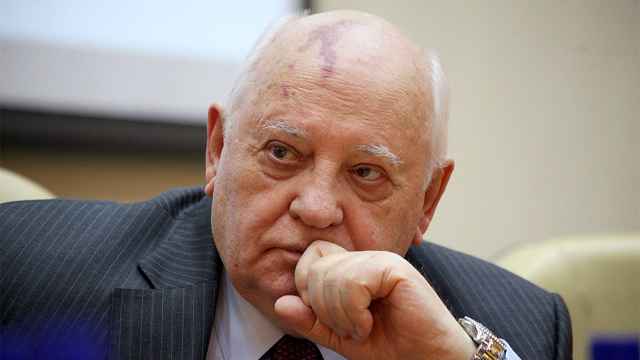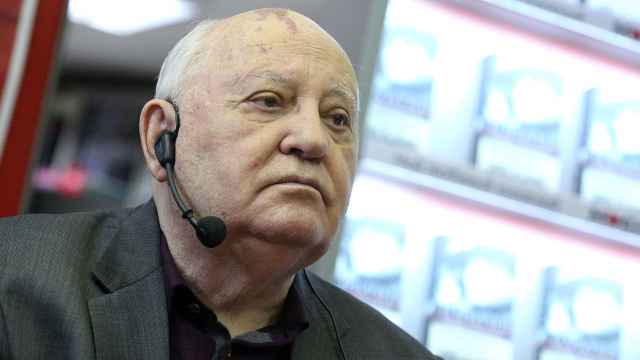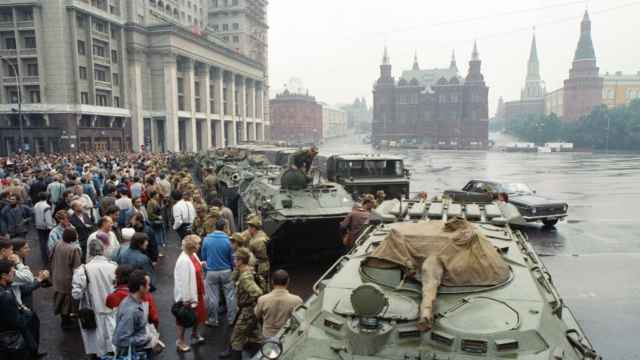Mikhail Gorbachev, the last leader of the U.S.S.R., believes that the country’s collapse was a violation of "the will of the people" and a referendum to preserve the Soviet system was "necessary and just," he told Interfax on Wednesday.
“The destruction of the Soviet Union was nothing more than a violation of the will of the entire people,” Gorbachev said.
On March 17, 1991, the Soviet Union held a referendum on whether to preserve the Soviet system as a renewed federation of equally sovereign states and republics, with 113.5 million (76.43%) voting in favor of it. The Baltic republics, Armenia, Georgia and Moldova boycotted the referendum.
"The results of the referendum were not only interesting, but amazing: The overwhelming majority of Soviet people spoke in favor of preserving the Soviet Union," Gorbachev, 90, said on the referendum’s 30th anniversary.
However, Gorbachev was blindsided by his own cabinet who staged a three-day attempted coup in August 1991 to prevent the signing of the New Union Treaty, which sought to restructure Soviet Union into a less centralized state.
"The draft was fully prepared, and on Aug. 20, 1991 it was supposed to be signed, but the signing of this treaty was thwarted by the State Emergency Committee coup," Gorbachev said.
The failed coup elevated Russia’s first president Boris Yeltsin to prominence with his famous speech from atop a tank in front of the Russian government headquarters known as the White House.
Meanwhile, Gorbachev was isolated at his dacha in Crimea and cut off from communication by members of his own party. With his political authority significantly weakened after the coup, he resigned shortly after.
The fast-unfolding events of 1991 were compounded by social upheaval and economic degradation and hastened the Soviet Union’s collapse. On Dec. 8, 1991, the heads of Russia, Ukraine and Belarus signed the Belavezha accords, which declared that the U.S.S.R. had effectively ceased to exist.
While Gorbachev has been celebrated in the West for his reforms while in office, he is widely criticized among Russians for his hand in the Soviet Union's collapse.
In a 2005 speech, President Vladimir Putin called the Soviet fall the "greatest geopolitical catastrophe" of the 20th century.
A Message from The Moscow Times:
Dear readers,
We are facing unprecedented challenges. Russia's Prosecutor General's Office has designated The Moscow Times as an "undesirable" organization, criminalizing our work and putting our staff at risk of prosecution. This follows our earlier unjust labeling as a "foreign agent."
These actions are direct attempts to silence independent journalism in Russia. The authorities claim our work "discredits the decisions of the Russian leadership." We see things differently: we strive to provide accurate, unbiased reporting on Russia.
We, the journalists of The Moscow Times, refuse to be silenced. But to continue our work, we need your help.
Your support, no matter how small, makes a world of difference. If you can, please support us monthly starting from just $2. It's quick to set up, and every contribution makes a significant impact.
By supporting The Moscow Times, you're defending open, independent journalism in the face of repression. Thank you for standing with us.
Remind me later.


